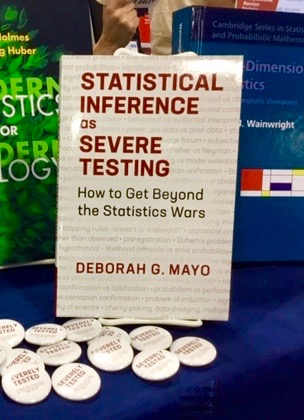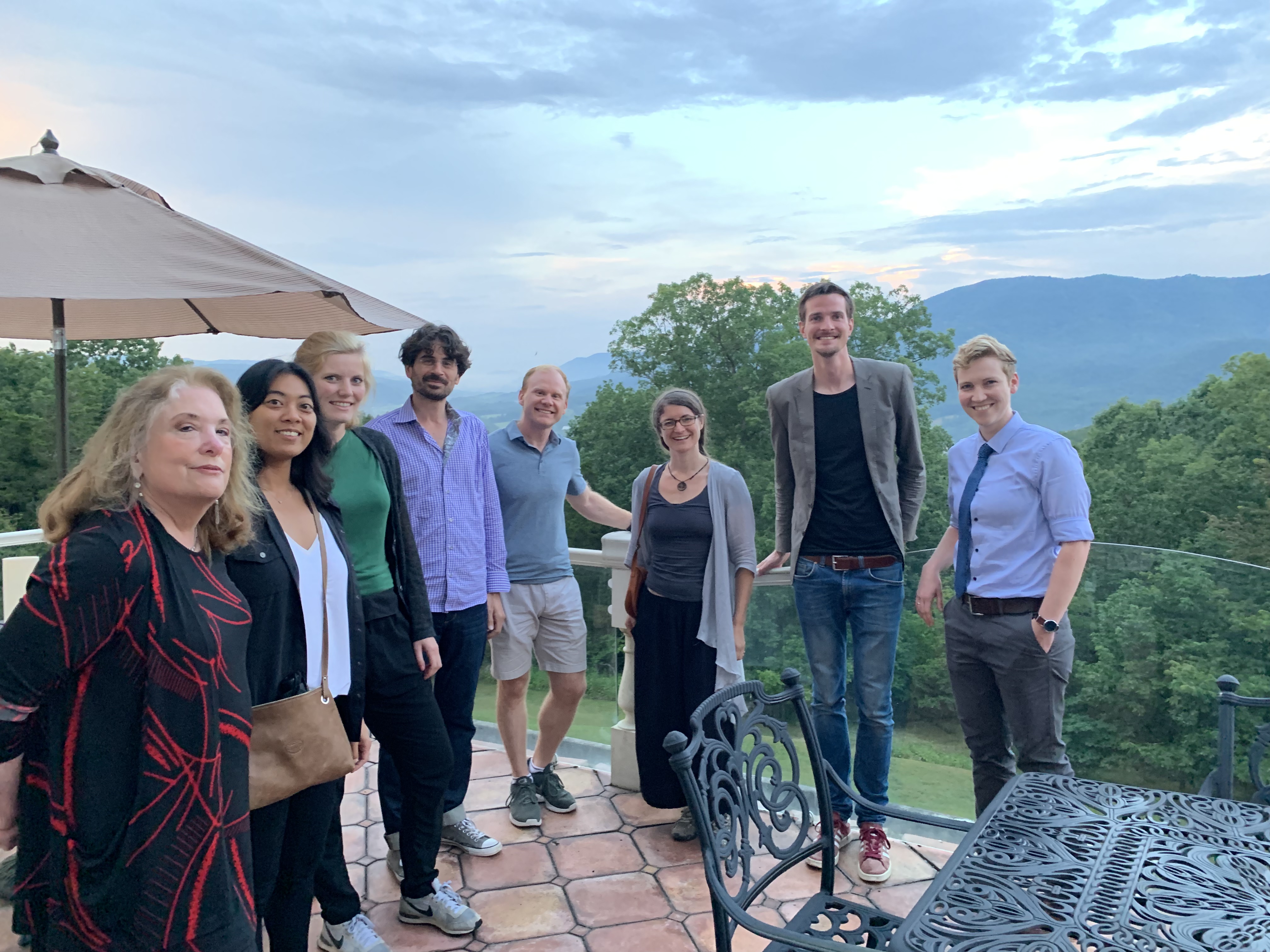
The ninth meeting of our Phil Stat Forum*:
The Statistics Wars
and Their Casualties
20 May 2021
TIME: 15:00-16:45 (London); 10:00-11:45 (New York, EST)
For information about the Phil Stat Wars forum and how to join, click on this link.

“Objective Bayesianism from a philosophical perspective”
Jon Williamson
Abstract: This talk addresses the ‘statistics war’ between frequentists and Bayesians, and argues for a reconciliation of sorts. We start with an overview of Bayesianism and a divergence that has taken place between Bayesianism as adopted by philosophers and Bayesianism as adopted by statisticians. This divergence centres around the use of direct inference principles, which are now widely advocated by philosophers. I consider two direct inference principles, Reichenbach’s Principle of the Narrowest Reference Class and Lewis’ Principal Principle, and I argue that neither can be adequately accommodated within a standard Bayesian framework. A non-standard version of objective Bayesianism, however, can accommodate such principles. I introduce this version of objective Bayesianism and explain how it integrates both frequentist and Bayesian inference. Finally, I illustrate the application of the approach to medicine and suggest that this sort of approach offers a very natural solution to the statistical matching problem, which is becoming increasingly important.
Jon Williamson (Centre for Reasoning, University of Kent) works in the area of philosophy of science and medicine. He works on the philosophy of causality, the foundations of probability, formal epistemology, inductive logic, and the use of causality, probability and inference methods in science and medicine. Williamson’s books Bayesian Nets and Causality and In Defence of Objective Bayesianism develop the view that causality and probability are features of the way we reason about the world, not a part of the world itself. His books Probabilistic Logics and Probabilistic Networks and Lectures on Inductive Logic apply recent developments in Bayesianism to motivate a new approach to inductive logic. His latest book, Evaluating Evidence of Mechanisms in Medicine, seeks to broaden the range of evidence considered by evidence-based medicine. Jon Williamson’s webpage.
Readings:
(1) Christian Wallmann and Jon Williamson: The Principal Principle and subjective Bayesianism, European Journal for the Philosophy of Science 10(1):3, 2020. doi:10.1007/s13194-019-0266-4 (Link to PDF)
(2) Jon Williamson: Why Frequentists and Bayesians Need Each Other, Erkenntnis 78:293-318, 2013. (Link to PDF)
Slides & Video Links:
J. Williamson’s “Objective Bayesianism from a Philosophical Perspective” Slides.
His full talk is in this Presentation Video.
D. Mayo Casualties Slide
J. Williamson response to Casualties video
Mayo’s Memos: Any info or events that arise that seem relevant to share with y’all before the meeting. Please check back closer to the meeting day.
*Meeting 17 of our the general Phil Stat series which began with the LSE Seminar PH500 on May 21


I put my remarks on the general casualties of non-subjective or default Bayesianism on my regular errorstatistics.com blog: https://errorstatistics.com/2021/05/24/mayo-casualties-of-o-bayesianism-and-williamson-response/
I will follow up with another post on an example in Williamson shortly.
Perhaps one way to connect our philosophical attempts to arrive at assessments of inferences is that he will take an error statistical quantity such as a confidence level and have it “rub off” on the particular estimate, whereas I will take it as qualifying–at least in certain cases where it captures the capability of the method–how well tested claims are. I don’t know enough about his approach (which may have changed in the past few years) to say, but it seems very close to that of Roger Rosenkrantz (Inference, Method and Decision 1977), who was also a follower of Jaynes.